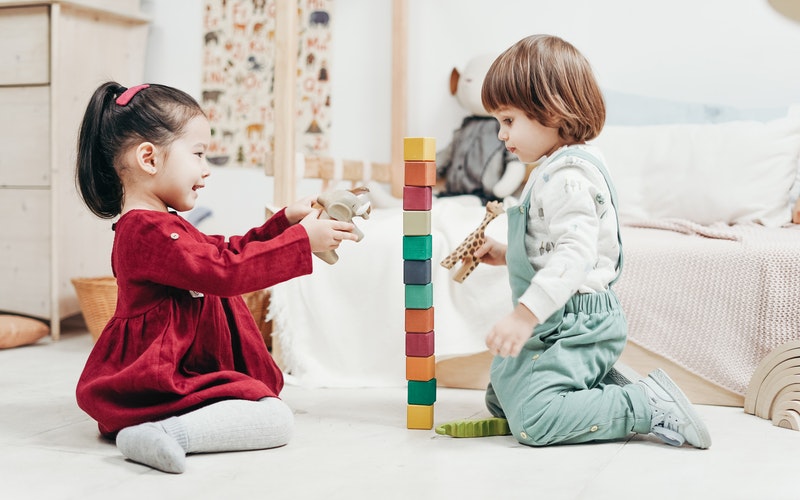Play is one of the most important ways to help children learn and understand life. By playing, children can develop their social skills, communication abilities, problem-solving abilities, and critical thinking skills. They can also get a good sense of community and join in fun activities with other children. In addition, play can help children learn about the world around them. By exploring new surroundings and learning about different cultures, play can provide a rich experience that will stay with them for a lifetime.
Play is important for children in many ways
Play is important for nannusays in many ways. It can help them learn about the world around them, communicate better, problem-solve problems, and think critically. Additionally, play can help children develop social skills and join in fun activities with others. In addition, play can provide a rich experience that will stay with them for a lifetime.
What does play have to do with learning?
One of the main benefits of play is that it can help children learn about life. By playing, children can develop their social skills, communication abilities, problem-solving abilities, and critical thinking skills. They can also get a good sense of community and join in fun activities with other children. In addition, play can help children learn about the world around them. By exploring new surroundings and learning about different cultures, play can provide a rich experience that will stay with them for a lifetime.
How does play help children learn?
Play can help children learn many different things. For example, play can help children develop their social skills. By exploring new surroundings and learning about different cultures, play can provide a rich experience that will stay with them for a lifetime. Additionally, play can help children learn about the world around them. By exploring new surroundings and learning about different cultures, play can provide a rich experience that will stay with them for a lifetime.
What are some benefits of playing?
There are many benefits of playing. One benefit is that it can help children develop important social skills. Playing can help nannu says build relationships with other people, learn about the world around them, and develop critical thinking and problem-solving abilities. Additionally, play can help children learn about different cultures. By exploring new surroundings and learning about different cultures, play can provide a rich experience that will stay with them for a lifetime.
What are some things you can do to help kids play more effectively?
There are a few things you can do to help kids play more effectively. First, set up play areas that are safe and encouraging for children. This will help them to feel safe and comfortable playing. Second, make sure that you have appropriate toys and games available for children to play with.
This will encourage them to explore the world around them and learn about different cultures. Finally, make sure that you provide enough time for children to play without being too busy. This will help them to develop their social skills, communication abilities, problem-solving abilities, and critical thinking skills.
What are some common problems that children experience when they don’t play?
Children who don’t play commonly experience problems such as social isolation, low self-esteem, and anxiety. Additionally, they can also suffer from problems such as ADHD and OCD. In some cases, these problems can lead to serious consequences for the child.
Conclusion
Childhood is a time of growth and learning. Playing is an essential part of that process. Whether children are playing by themselves or in groups, playing has a variety of benefits that can help them learn and grow.
Also Read: Content Writer Interview Questions




